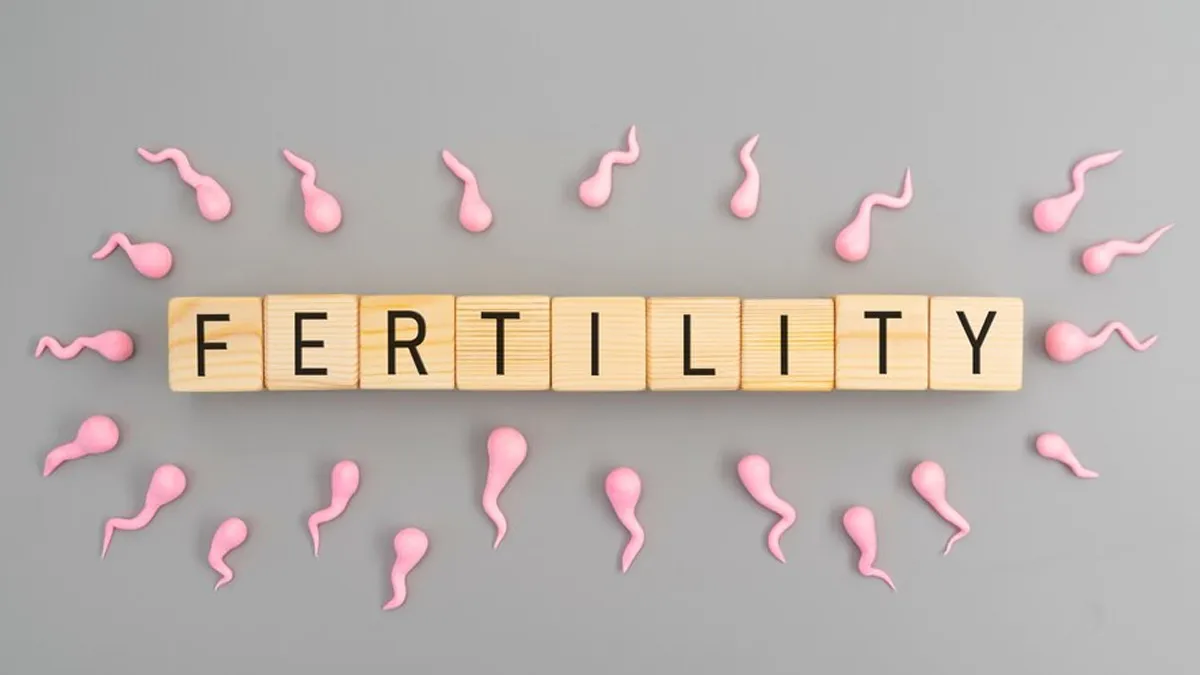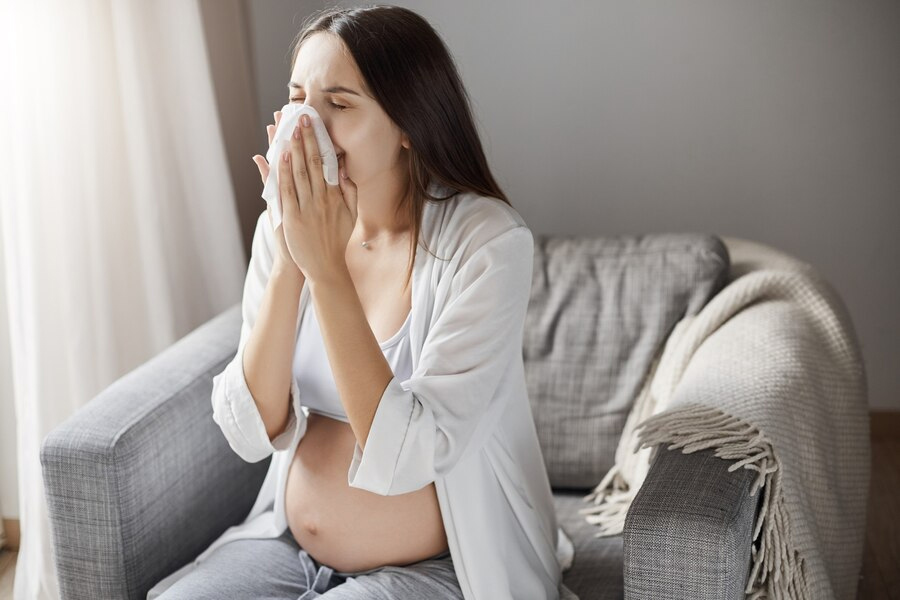
While Delhi residents experienced slightly improved air quality on Monday, it doesn’t mean the air is safe to breathe. Authorities continue to urge people to minimise their contribution to air pollution and take necessary precautions to protect themselves and their families.
Table of Content:-
Though older adults, children, and those with pre-existing health conditions are at higher risk of complications, young people should not let their guard down. One area particularly affected by prolonged exposure to air pollution is reproductive health. Many young men and women could face fertility issues in the long term, making it crucial for them to stay vigilant.
Also Read: What Are The Long-Term Health Impacts Of Exposure To Ultrafine Pollutants In Atmosphere
How Air Pollution Affects Fertility In Young People

According to Dr Lavanya R., Fertility Specialist at Nova IVF Fertility, Sarjapur, Bengaluru, "Although the vulnerable population is generally children and elderly people, considering that young people in the reproductive age group have a larger exposure to pollutants, they could be equally at risk."
In an interaction with the OnlyMyHealth team, she says, "Young individuals have more active hormonal systems. Endocrine disruptors in pollutants may lead to irregularities, such as menstrual issues in women or decreased testosterone levels in men. Young individuals, especially those in their reproductive years, have developing reproductive systems that are more sensitive to environmental toxins. Pollutants can interfere with hormonal pathways, potentially causing long-term reproductive issues."
Explaining further and sharing the distinct ways air pollution impacts fertility in men and women, she highlights:
Environmental pollution poses a growing, silent threat to male fertility. Exposure to toxins like heavy metals, pesticides, and industrial chemicals can impair sperm production and increase the risk of genetic abnormalities in offspring. Air pollution, particularly particulate matter, has been associated with decreased sperm motility and higher rates of DNA damage.
On the other hand, long-term exposure to pollutants can disrupt hormonal balance in women, leading to irregular menstrual cycles and delayed ovulation, which significantly affects fertility.
A 2017 study published in Environmental Health systematically reviews the impact of air pollution on reproductive function, focusing on various pollutants like PM2.5, NO2, O3, and diesel emissions. It found that these pollutants act through mechanisms such as endocrine disruption, oxidative stress, and DNA damage, which can impair both male and female reproductive health. The review highlighted that exposure to air pollution can lead to defects in gametogenesis, the process of producing gametes, or sex cells, from germ cells, lowering reproductive capacity. Both human and animal studies support this link, emphasising the need for increased public and governmental awareness about the environmental factors affecting reproductive health.
Also Read: Can Breathing Exercises Reduce The Impact of Air Pollution? Experts Weigh In
Long-Term Air Pollution Exposure And Its Effects On Pregnancy Outcomes

Dr Lavanya says, "Pregnant women residing in high pollution areas must be cautious as severe exposure to air pollution has been linked to an increased risk of preterm delivery."
She adds, "Long-term exposure during pregnancy may increase the risk of developmental delays or respiratory and immune system problems in the child."
A study published in Obstetrics and Gynecology Science followed 1,200 pregnant women from seven university hospitals between January 2021 and December 2023 to assess the impact of air pollution on pregnancy outcomes. The researchers tracked the participants' exposure to air pollution by analysing their individual time-activity patterns and PM concentration levels. The study found that maternal exposure to air pollution significantly increases the risk of adverse birth outcomes, including abortion, stillbirth, preterm birth, low birth weight, intrauterine growth retardation, and neonatal mortality.
How To Reduce The Strain On Reproductive Health

“Limiting exposure to high pollution levels is highly recommended,” says Dr Lavanya. Some of the measures that can be taken include:
- Avoiding travelling during peak traffic hours when air pollution is at its highest
- Always checking the Air Quality Index (AQI) before stepping outdoors
- Wearing a mask can provide added protection.
- Investing in a quality air purifier
- Adopting a healthy lifestyle, including a balanced diet, staying hydrated, and avoiding smoking or alcohol
- Doing regular exercise
- Going for regular health screenings and fertility checkups
Conclusion
Air pollution affects everyone, but its impact can be more severe for older adults, children, and individuals with pre-existing health conditions. However, young people must also be cautious, as prolonged exposure to harmful air pollutants can significantly impact their health. Long-term exposure can affect reproductive health, potentially leading to fertility issues and pregnancy complications in the future. It is essential to take necessary measures to protect yourself from air pollution and mitigate its effects on your health.
Also watch this video
Read Next
Blood In Urine Or Stool Could Indicate Vitamin K Deficiency: Other Common Symptoms To Watch Out For
How we keep this article up to date:
We work with experts and keep a close eye on the latest in health and wellness. Whenever there is a new research or helpful information, we update our articles with accurate and useful advice.
Current Version